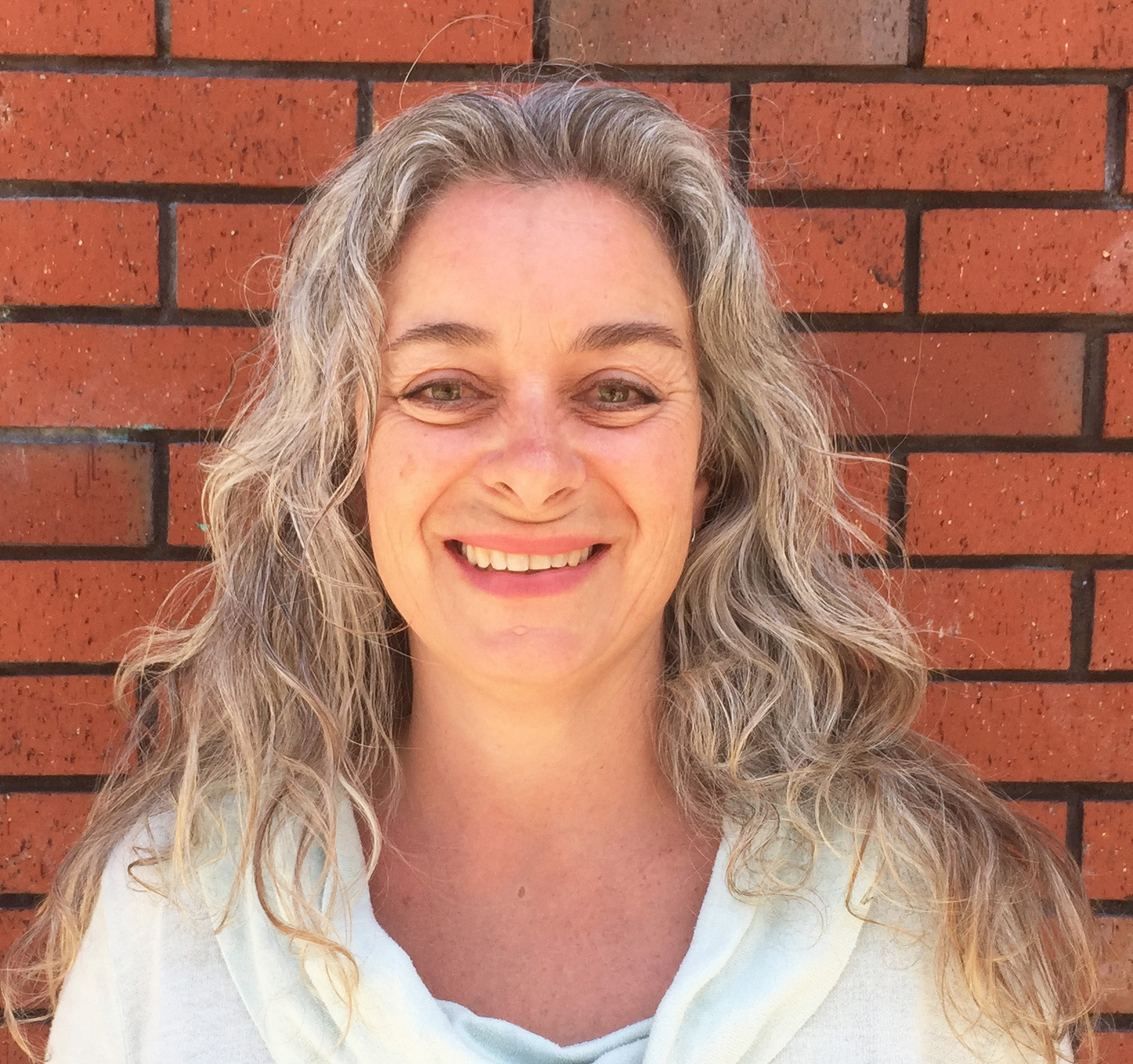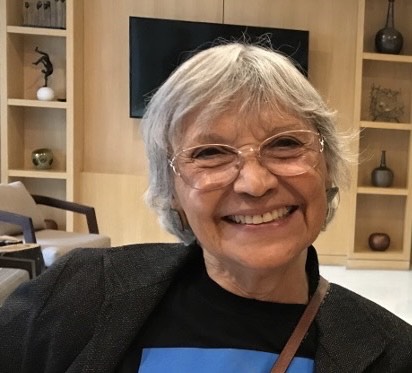
BOOK REVIEW:
After-school programs and learning environments that enhance active student participation andinterest-driven engagement in creative
activities have aroused widespread educational interest among scholars. The research literature has documented a multitude of benefits of high-quality after-school programs, especially for children in elementary and middle grades (David, 2011; Newell et al. 2015). Such programs provide places for enhancing the students’ development of personal and social skills as well as reducing their problematic behavior patterns (Litke, 2009; Underwood et al., 2021). Recent research also reports that after-school programs offer a powerful context for fostering promising educational and digital inventions, as well as students’ perseverance, critical thinking, creative problem-solving, and science, technology, engineering, and mathematics (STEM) learning (Allen et al., 2019; Vandell et al., 2016), thereby empowering them to become change agents in their local activities and communities (Martínez-Álvarez et al., 2018; Underwood et al., 2021).The current book by Underwood and colleagues presents a cultural-historical approach for enhancing educational equity and developmental links between the University of California and local communities, a model which has fostered creation of a powerful network of in-school and after-school programs over an extended period. Since 1996, the University’s cross-disciplinary, multi-campus effort to combat educational problems encountered by children from historically marginalized communities – known as University-Community Links (UC Links) (https://uclinks.berkeley.edu/about-us) – has established 28 after-school programs serving 3,123 K-12 students and 670 under-graduate students in 2019–20. This network has significantly contributed to the collaborative re-imagining of after-school pedagogies and activities, with its grounding ideas from Professors Michael Cole, Olga Vásquez, Richard Durán and Donald Bremme, with contributions from the former Executive Director of UC Links, Charles Underwood, and former Associate Director Leanne Parker and present Executive Director Mara Welsh Mahmood, and many other colleagues. It has not only been highly responsive to the large-scale societal changes, sociopolitical pressures, and historical problems, but it has also addressed the need to develop interconnections and sustainable partnerships between academics and local communities, thereby forming a powerhouse for integrating university research and teaching with community engagement, often viewed as the indispensable yet under-developed third mission of the university.
| | A Cultural Historical Approach to Social Displacement and University-Community Engagement: Emerging Research and Opportunities | Profs. Charles Underwood (University of California, Berkeley, USA), Mara Welsh Mahmood (University of California, Berkeley, USA), et al.
©2021 | 300 pgs. | ISBN13: 9781799874003 | - Covers Topics such as Program Sustainability, Educational Development, and Collaborative Engagement
- Ideal for List who this is ideal for School Faculty, Students, and University Administrators
- Excellent Addition to Your Institution’s Library
|
|
| |
|
The many UC Links after-school sites have developed a multiplicity of innovative programs – ranging from the Fifth Dimension, La Clase Mágica, and Las Redes to the Democracy Lab, Corre La Voz, and Math CEO – in cultural-historical terms, creating conditions for the emergence of the participants’ zones of proximal development (Cole, 1996; Gutierrez, 2008; Vygotsky, 1978). These programs include activities, pedagogies, curricula and learning to link children’s linguistic skills and cultural knowledge in playful activities thereby supporting the development of their 21st-century skills. In UC Links, the after-school activities have from early-on been technologically enhanced (e.g., involving computer games and digital media tools), supporting children’s skills of using digital technologies. Further, UC Links was established as a statewide strategy to address institutionalized racism and consequent educational inequities, because of which most programs have focused on engaging participants from historically marginalized communities (Underwood et al., 2021).In the book, Underwood and his colleagues take a systemic approach to view UC Links as a culturally and historically evolving sociotechnical system, consisting of multiple interrelated ...
See the Authors' Statement on this Review
“Anu Kajamaa and Juha Tuunainen have aptly captured what we were trying to illustrate in our book,
A Cultural Historical Approach to Social Displacement and University-Community Engagement: Emerging Research and Opportunities. The references they have added (e.g. (Kajamaa & Kumpulainen, 2019; Miettinen et al., 2015; Esko and Miettinen, 2019) further contextualize both our work with University-Community Links (UC Links) and our interpretation of it in the larger context of society and culture. We especially appreciate their summary of the take-home points they have drawn from our book and the relevance of those points for other related work.
- the need for critical dialoguing, in other words, the acknowledgment of open disagreement in negotiating alternative ideas and testing them in practice (see, Matusov & Pease-Alvarez, 2020);
- the need to supplement critical dialoguing with integrative learning so as to enhance expansive learning processes (Engeström, 2015) in which the participants bring together their collective cognitive capacities, including both scientific and local funds of knowledge, to establish joint activity;
- the conceptualization of interaction in terms of collaborative engagement, through which the participants from diverse communities pool their funds of knowledge (Moll et al., 1992) in order to co-construct a common object of activity (Kajamaa et al., 2018);
- the emphasis on equity as the focal issue in the transformative social process through which the participants listen to one another and value each other’s experiences and knowledge (Bang & Vossoughi, 2016) so as to move beyond the status quo (Stetsenko, 2019); and
- the acknowledgment and analysis of historically evolving contradictions (Engeström & Sannino, 2011), to achieve an expanded understanding of the common perspective and joint activity. (Kajamaa & Tuunainen, 2022, p.2)
We view Kajamaa and Tuunainen’s review as marking the beginning of an ongoing critical dialogue about hybrid organizations operating at the intersection of university and local community contexts. In this way, Kajamaa & Tuunainen’s discussion has led us to a greater understanding of the implications of a cultural-historical approach to university-community engagement for the collaborative transformation of both science and society.
.” – Charles Underwood (University of California, Berkeley, USA), Mara Welsh Mahmood (University of California, Berkeley, USA), and Olga Vásquez (University of California, San Diego, USA)"
About the Authors of This Book
Charles Underwood was Executive Director of University-Community Links at the Graduate School of Education, UC Berkeley, until his retirement in 2020. Since 1996, he has directed a number of University of California statewide initiatives (including University-Community Links) developing innovative uses of digital media for teaching and learning, both in and out of school. An anthropologist (Ph.D., Anthropology Dept., UC Berkeley) and classical scholar, he is the author of Mythos and Voice: Displacement, Learning and Agency in Odysseus' World. His research focuses on social displacement and learning, the sociocultural context of learning, and inter-institutional collaboration as a cultural historical process. As an anthropologist, he has worked in Scotland, India, Brazil and in diverse communities in California. He continues to work with community and university partners throughout the world to address social and educational inequities through sustained collaborative efforts that reach across cultural, institutional, and geographical boundaries.
 Mara Welsh Mahmood
Mara Welsh Mahmood has been involved with UC Links since 1996, when she was a graduate student at UC Riverside, teaching the UC Links undergraduate practicum course and serving as the site coordinator for the UC Links program at a local elementary school. Upon earning her PhD in developmental psychology in 1997, Mara joined the UC Links statewide office as the Director of Site Development and Evaluation, where she stayed until 2004, when budget cuts forced the program to eliminate staffing. She went on to teach at UC Davis and worked as an educational consultant to local and statewide agencies and organizations evaluating 21st Century Community Learning Centers after-school programs; facilitating strategic planning projects; and developing grant proposals. Mara has studied and written about learning within and across multiple contexts including K-12, higher education, after-school, as well as out-of-school learning in São Paulo, Brazil. She returned as Associate Director of UC Links in 2018 and is currently serving as Interim Executive Director.
 Olga Vásquez
Olga Vásquez has examined the intersection of literacy, language, and culture in intercultural settings. As an ethnographer of education, her work covers bilingual education, culturally responsive curriculum, and access to educational resources by underrepresented groups. Currently, she is involved in the study of sustainable innovative educational activities that provide a range of literacy activities through computer and telecommunication technology.
Related Educational Development Books
About IGI Global
Founded in 1988 and headquartered in Hershey, Pennsylvania, USA with a subsidiary office (IGI Science and Technology, Ltd.) operating out of Beijing, China, IGI Global is a leading medium-sized independent international academic publisher of scholarly reference sources. They are committed to facilitating the discovery of pioneering scientific research that enhances and expands the body of knowledge available to the research community through traditional and open access publishing workflows. Working in close collaboration with more than 150,000+ expert researchers and professionals from leading institutions, IGI Global publishes quality peer-reviewed content in three major academic subject areas:
Business & Management - Scientific, Technical, & Medical (STM) - EducationLearn more about IGI Global
here.